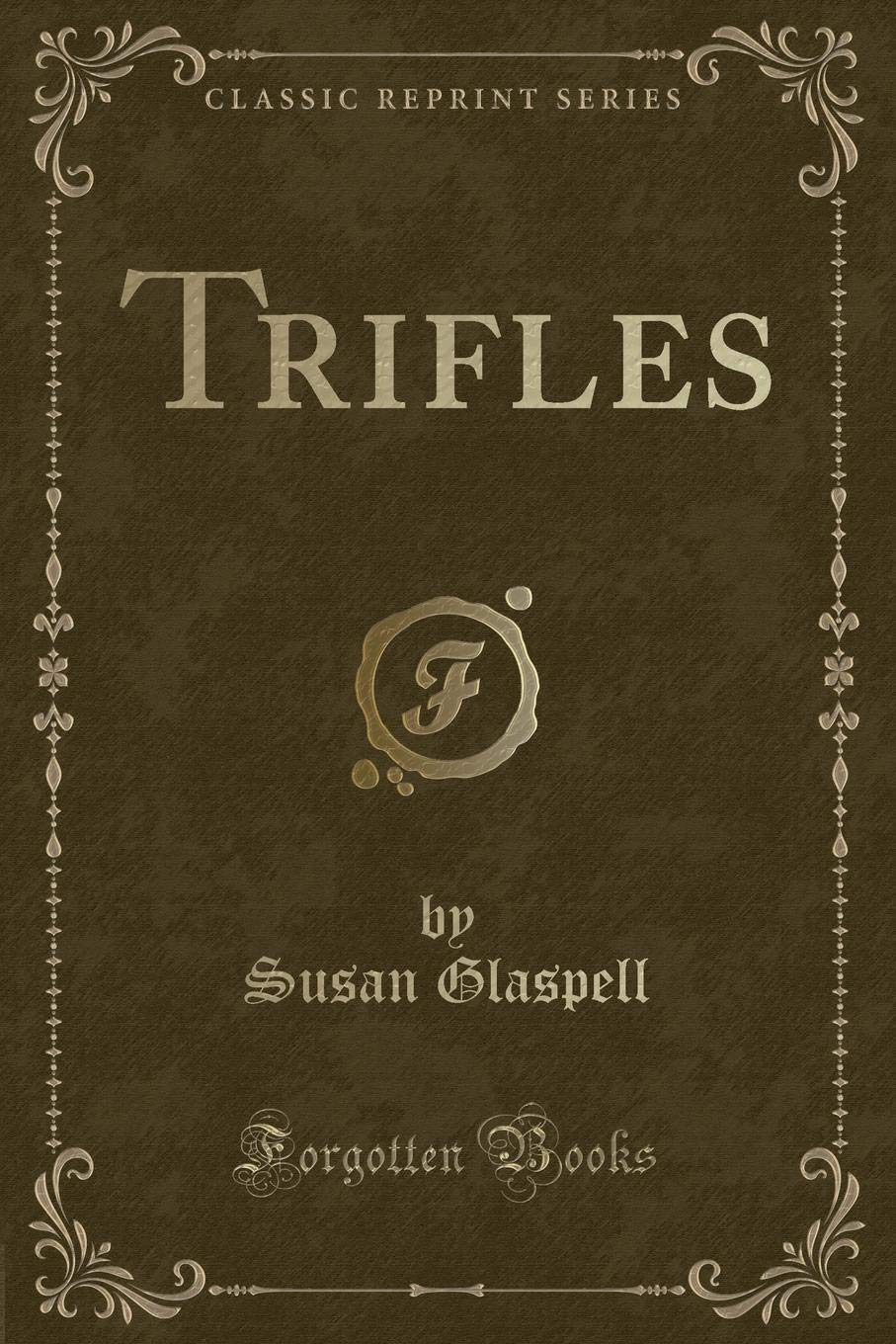The Name Trifles and Its Significance
The name Trifles and its significance John Wright was murdered in his bedroom; someone had taken a rope and put it around his neck and strangled him. All the men, the sheriff, the country attorney, and the neighbor, thought his wife was the one who killed him. This play is based on events that happened in the early 20th century. Susan Glaspell, the writer, uses the word trifles appropriately when naming this play, and she uses this play to establish that women were taken for granted.

First, you can see the meaning of the word “trifles” and the reasons why it is an appropriate title. You can first start to figure out the word’s meaning shortly after the play begins. Mrs. Peters tells the men that Mrs. Wright is worried about her fruit jars breaking during the cold winter night. Mr. Peters, who is the sheriff, responds with, “Well, you can beat the woman! Held for murder and worryin’ about her preserves” (1369).
Order custom essay The Name Trifles and Its Significance with free plagiarism report
 450+ experts on 30 subjects
450+ experts on 30 subjects
 Starting from 3 hours delivery
Starting from 3 hours delivery
Mr. Hale states, “ Well, women are used to worrying over trifles” (1369). Mr. Hale and Mr.Peters refer to Mrs. Wright worrying about the fruit preserves as something of little importance compared to being held for murder. The County Attorney, George Henderson, judges Mrs. Wright of being a poor housekeeper when he tells everyone else, “Not much of a housekeeper, would you say ladies? ” (1369). He is criticizing Mrs. Wright instead of thinking about how this small detail can help solve the investigation. The kitchen is considered to be a woman’s domain, so the men look everywhere else but there and the living room.
The wives notice the quilt; Mrs. Hales mentions to Mrs. Peters,” …look at this sewing! All the rest of it has been so nice and even, And look at this! It’s all over the place! Why it looks as if she didn’t know what she was about” (1371). The women worry over the small things around the house; the women are able to figure out the motive of why Mrs. Wright killed her husband, because of all the small, simple details they discovered. Trifles is an appropriate title because it is the little things that are very sufficient. Finally, Susan Glaspell, the writer, uses the title to express her theme. This play was written in the early 20th century in a man dominated society. Women did not have a say when it came to important decisions. When Mr. Hale is telling the sheriff and the county attorney why he had stopped by that morning he states, “…I said to Harry that I didn’t know as what his wife wanted to make much difference to John” (1367). Men made all the decisions and women were to be seen and not heard. Mrs. Hale found the bird in a box that was hidden in Mrs. Wright’s quilting basket.
When they opened the box and found the bird, they noticed the bird’s neck was wrung. Mrs. Hale tells Mrs. Peters, “ I wonder how it would seem never to have had children around. No, Wright wouldn’t like the bird- a thing that sand. She used to sing. He killed that, too” (1373). Mrs. Hale came to the conclusion that Mr. Wright was abusive to his wife and that’s why she changed; this is the reason why she killed him. The county attorney tells Mrs. Peters, “For the matter, a sheriff’s wife is married to the law. Everyone thinks of it that way…”. Mrs. Hale protects Mrs. Wright by taking the pretty box with the pretty bird inside. Mrs. Hale knows the difference between law and justice. She gave justice to Mrs.Wright when no one else was going to. The title Trifles is an appropriate name for this play because it’s the small, simple details that are the evidence for solving this murder. Susan Glaspell uses this play to show how women were treated in the early 20th century, and how the husbands took their wives for granted. She wanted justice for the women, and she makes an incredible argument in this play.
Related Questions
on The Name Trifles and Its Significance
Cite this Page
The Name Trifles and Its Significance. (2017, Feb 17). Retrieved from https://phdessay.com/the-name-trifles-and-its-significance/
Run a free check or have your essay done for you


